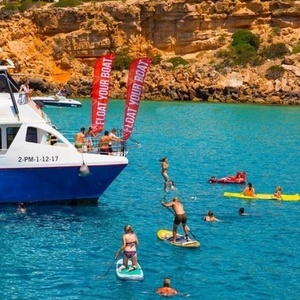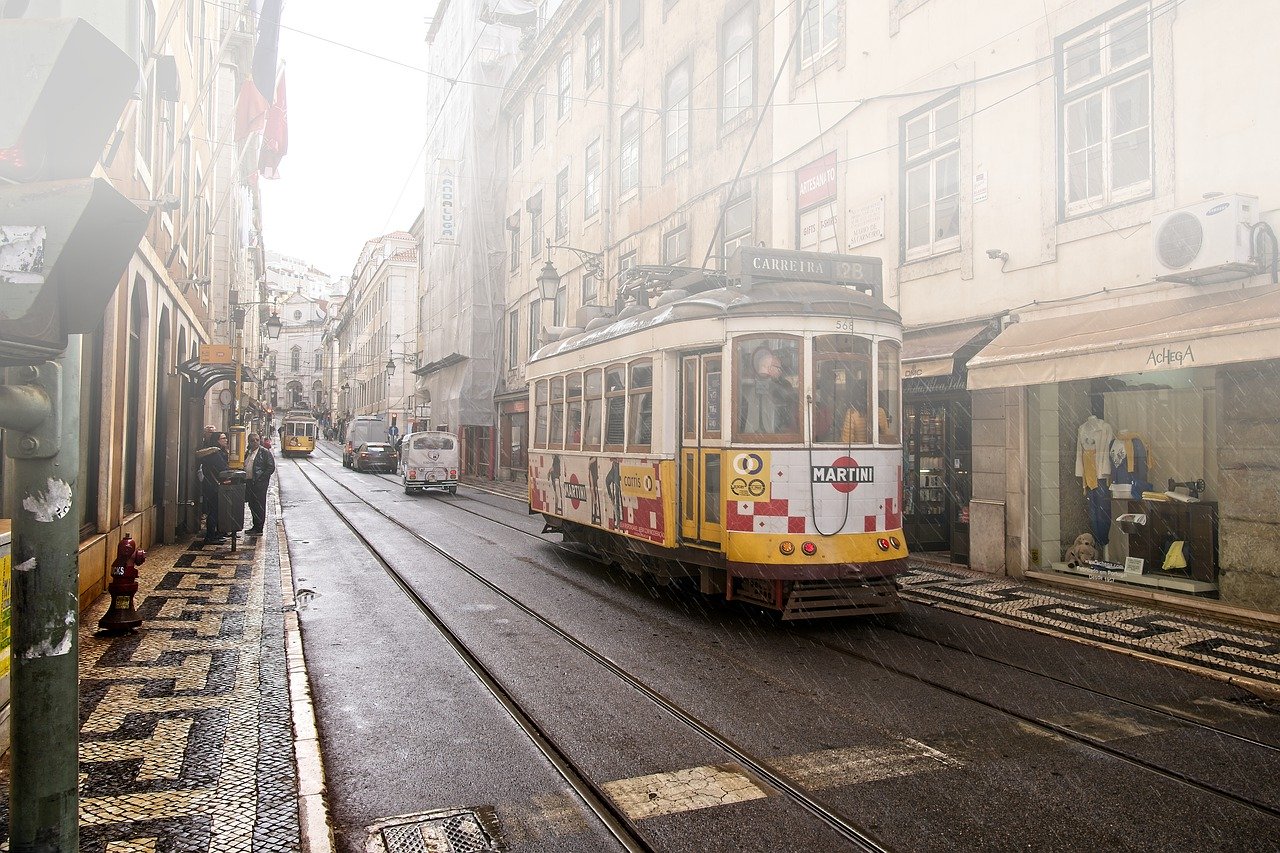Barcelona
Barcelona is the second largest city in Spain, and covers a large expanse of the Catalonian coastline. The city is built around its port, which is one of the busiest in the Mediterranean, though many would believe that it is built around its football club FC Barcelona (Barca) which is a major player in both the Spanish football league as well as the international.
Much more than just the capital of Catalonia, Barcelona with its international airport is a “major league player” on the world stage, having hosted the 1888 World Fair and more recently, the 1992 Olympic games.
The city can be dated back to a Roman settlement in the 2nd century BC, and has been occupied by differing Mediterranean tribes over the centuries each leaving their own identity on the area. The old town is the best place to see this within the many architectural designs and facades that adorn the buildings. Barcelona’s most famous street is Las Ramblas, a busy street 24 hours a day, though more so at the weekends and during the evenings. Market stalls, souvenir sellers, street traders, musicians and street acts keep you entertained as you stroll along the tree shaded walkway or drink cafe americano from the many cafes lining the street.
The Barri Gotic, Gothic Quarter is home of the cathedral and royal palace and the oldest part of the city. The Sagrada Familia is a work of art by Antoni Gaudi, it is the city’s most bizarre building and was built when the city was in a period of modernist revival.

Valencia
Situated in the middle of the Costa del Azahar, which runs down Spain’s eastern coastline, Valencia, the city where El Cid, a famous Spaniard and folk hero who battled the might of the Moorish armies, is one of the most vibrant cities in Spain. Renowned for its nightlife and outdoor living, the city is bathed in a micro-climate, which explains both the party atmosphere and the garden plantations of oranges that surround the city and the local area. Valencia has both an International Airport and also a busy port. You can catch a ferry to the Balearic Islands from here.
Built by the Romans in the 2nd century BC, Valencia again, as with most Spanish cities, has a wealth of history and Moorish influence that is still evident today in some of the buildings that mingle together with more modern and modernistic designs. The city centre is dominated by the cathedral, originally built in 1262. The towers of the cathedral offer fine views over the city. Valencia has a modern tramway system which also connects the beaches to the east with their lively promenade full of bars and eateries.

Gandia
The small city of Gandia, is on the southern edge of the Costa del Azahar. Valencia is the closest major city to the north by about 1 hour and it is here that you will find the international airport that serves this region. Once an important cultural town, formally run by the Duke of Gandia, the city is now more of a tourist destination, though the region is still important commercially for the orange industry, which is evident from the millions of orange groves that surround the regions and the fragrant aroma they exude.




















